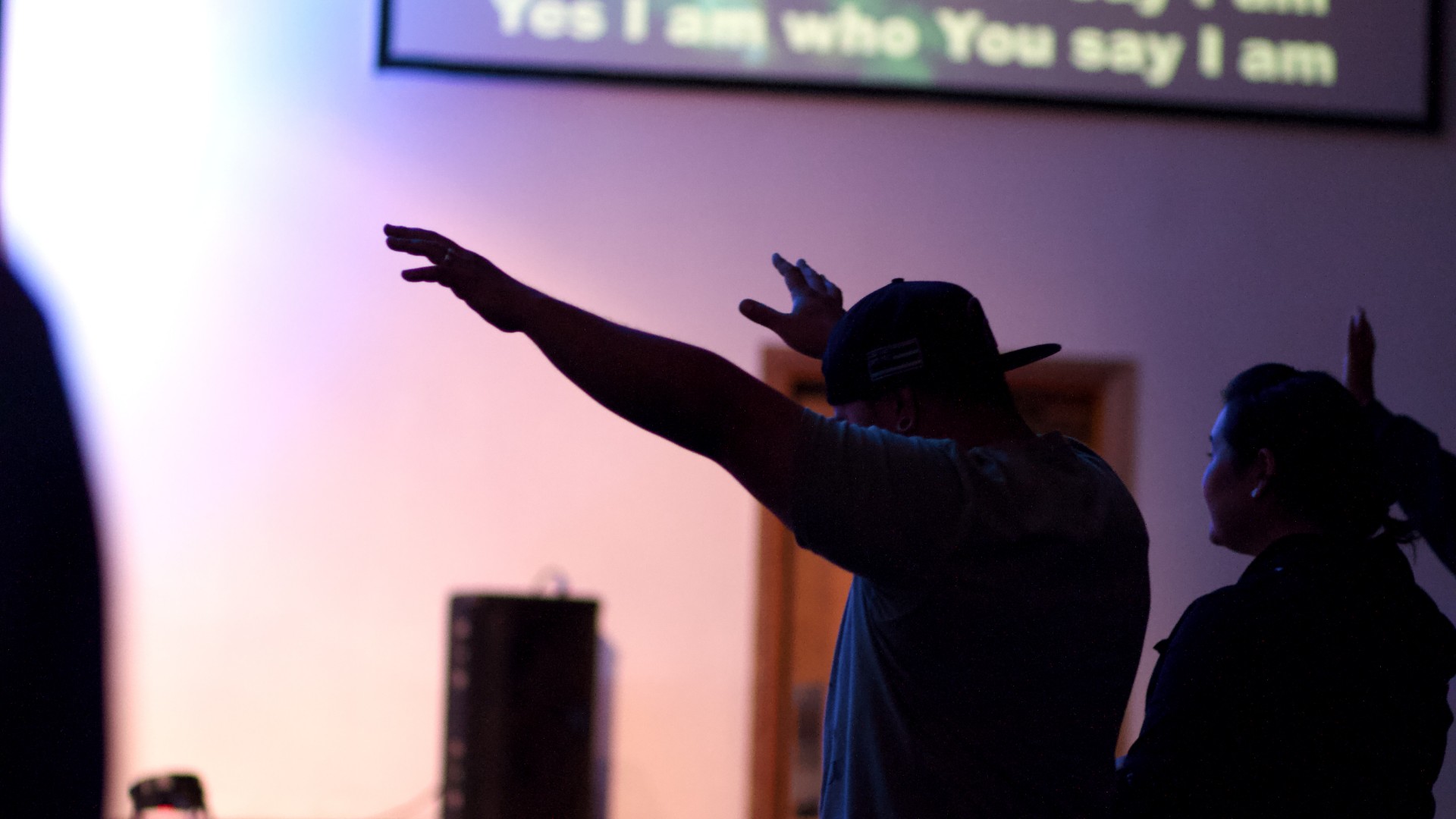1 John 1:10 is one of the most freeing verses in the Bible:
If we say that we have not sinned, we make Him a liar and His word is not in us.
But let me back up a little bit.
This verse comes at the end of a passage that starts off in a terrifying way:
This is the message we have heard from Him and announce to you, that God is Light, and in Him there is no darkness at all. If we say that we have fellowship with Him and yet walk in the darkness, we lie and do not practice the truth....
There is no darkness in our holy God. At all. And there is no fellowship between God and sin.
This is as far as atheists see into Christianity—an unforgiving, impossibly high moral law enforced by a fearful Judge. They accuse us of “living in fear,” and they want no part of that kind of life. They’re good people, thank you very much, and they don’t need anyone making them feel guilty.
But now it’s time to finish that passage:
...but if we walk in the Light as He Himself is in the Light, we have fellowship with one another, and the blood of Jesus His Son cleanses us from all sin. If we say that we have no sin, we are deceiving ourselves and the truth is not in us. If we confess our sins, He is faithful and righteous to forgive us our sins and to cleanse us from all unrighteousness.
Our ongoing sins are assumed in this passage, and the solution offered is complete. This is the end of fear and guilt, not the fuel of it. And that’s where 1 John 1:10 comes in. Do you feel the strength of it now?
If we say that we have not sinned, we make Him a liar and His word is not in us.
When you hide your sin, pretending to be a perfect Christian, you’re actually telling the world that God is a liar. Did Jesus, or did Jesus not, need to suffer and die for your present sins? When you feign perfection, you’re saying you didn’t need Him to do this for you.
Can you see now how freeing this verse is? You no longer have to be afraid of people finding out about your sin. You have no need to hide. In fact, as counter-intuitive as it feels when you’re cowering in the dark, worrying about embarrassing yourself and Christianity should your sinfulness become known, it’s only when you’re open about your sin that people can see you’re resting on Christ’s work for you, not your own perfection. This is when you glorify Christ the most. Rather than being a source of fear, your sin reveals that God is a truth-teller, for He said that you are a sinner. He said that your sin deserves judgment. He said that you need grace. He said that He’s given it.
Here I give Paul’s warning in Romans 6:1–4:
What shall we say then? Are we to continue in sin so that grace may increase? May it never be! How shall we who died to sin still live in it? Or do you not know that all of us who have been baptized into Christ Jesus have been baptized into His death? Therefore we have been buried with Him through baptism into death, so that as Christ was raised from the dead through the glory of the Father, so we too might walk in newness of life.
We don’t intentionally increase our sin in order to glorify Christ, we recognize and openly acknowledge the sin we already have because Christ’s grace is glorified through our visible trust in that grace.
This is, after all, why we were created.
[He] seated us in the heavenly places in Christ Jesus, so that in the ages to come He might show the surpassing riches of His grace in kindness toward us in Christ Jesus (Ephesians 2:6–7).

